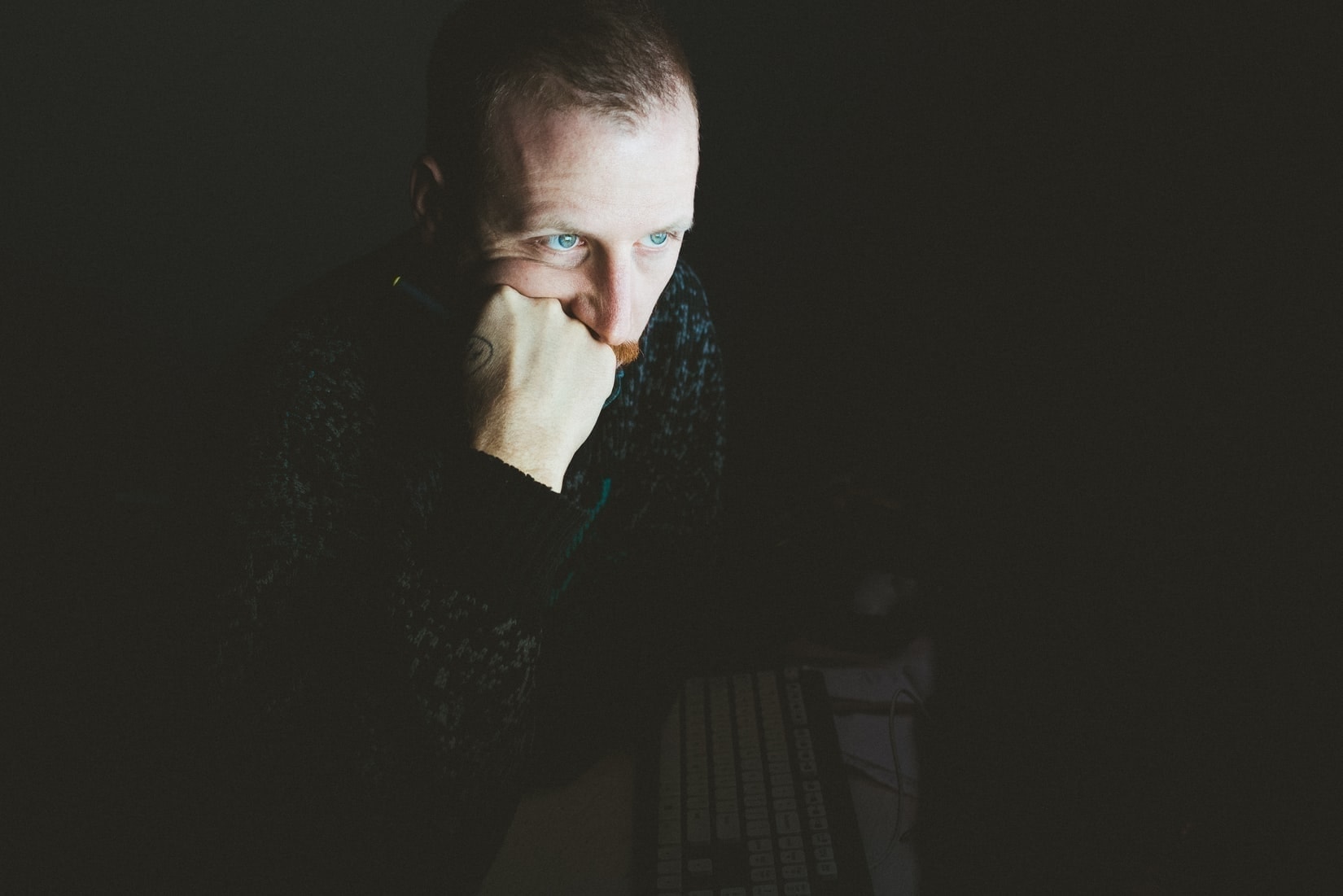
I can’t remember whether it was a Steven Spielberg movie, or one of those creepy mid-century Ivy League experiments, which taught me that humans can get used to anything but, after nearly three months of doing nothing – and I mean nowt, nada, zilch, Sweet FA – I can finally say, definitively, that Steve was right, again.
In the beginning, I’d try to put a witty spin on my lassitude, or at least paint it in a way that made it sound like I was enjoying myself.
ArrayI wanted people to think I was doing lockdown right: eating well, exercising, expanding my tiny mind. These days, when I finally muster up the energy to reply to a text, usually a week or so after receipt, it’ll just say how bored I am. The American academic Edward Mendelson once described ‘boring’ as “that all-purpose British pejorative that damns its speaker far more than anything else.”
And he was right, sort of. Finding something ‘boring’ is always relative. It’s based on the belief that you could be doing something more exciting, more interesting, more edifying; in short, better. It means you’re dissatisfied. While pertaining to keep us forever occupied, the internet actually sent boredom levels through the roof. Humans have always compared themselves with one another, it’s how we first evolved, and why we stormed the Bastille.
While pertaining to keep us forever occupied, the internet actually sent boredom levels through the roof
The internet allows us instant and infinite access to millions of images of places we’ll never visit, people we’ll never meet and things we’ll never own. Social media’s worse since it forces us to stew fastidiously over the lives of our peers, which will always look better for being two-dimensional. The anxiety and depression this often provokes reveals an uncomfortable truth: how much we mediate our enjoyment of things through the gaze of others.
When I was a child, my family would often go and visit some friends who lived in a small village in Worcestershire. I loved going there and would invariably have a great time when I did. But, whenever I imagined living somewhere like that, or even anywhere that wasn’t London, or indeed Shepherd’s Bush, it made me shudder with incomprehension. How, given the choice, could anyone want to live somewhere other than London?
ArrayOlder, and a little wiser, I’ve realised my ignorance… Now that I’ve lived in New York. More significant than any other similarity between the two cities is the shared knowledge when you live in them that, on any day of the week, there’ll be more than a dozen world-famous musicians playing, A-list actors performing, Old Master’s artworks hanging, Michelin-starred chefs cooking.
Even if you won’t be consuming their product (indeed a significant proportion of it will be ingested by out of towners) just knowing it’s there brings me succour—as though I might absorb it all by osmosis.
Lockdown is like an anti-New Year’s Eve… everyone I know, everyone I’ve ever met, and they’re all doing the exact same thing: nothing
The truth is, I never go to Michelin-starred restaurants, I rarely visit the theatre, I don’t really even go clubbing. But I’m often mesmerised by the mere possibility of doing so. On New Year’s Eve, one of the rare nights I’m willing to go all-in, this becomes as much curse as blessing. Knowing that there’s another party, often literally round the corner, breeds dissatisfaction. However fun it is where you are, there’s always more drinks, more fun, a better time to be had elsewhere.
Lockdown is like an anti-New Year’s Eve. Whenever I’m able to free my mind from its tracksuit-clad cage, I imagine myself drifting above the rooftops and soaring over London. Now I can see, like a thousand-strong Zoom call, everyone I know, everyone I’ve ever met, and they’re all doing the exact same thing: nothing.
ArrayThe idea of our collective indolence, the belief that whatever I’m engaged in (usually eating or reading) is about the funnest thing I could be doing right now, makes my boredom and anxiety less acute.
That’s why everyone’s so appalled at Cummings. Because our fears have been realised. That while most of us were doing nothing, some people had other options, because they thought they were special. Suddenly, a pandora’s box of possibilities bursts asunder: others were having more fun than we were. Instead of watching Mad Men for the fifth time, we could have gone and looked (or tried to look) at a castle.
Enjoy it for what it brings to you, rather than how it might look to others
What I would give to visit a National Trust property right now, to gaze upon a manicured lawn. Maybe I might exorcise some demons dredged up from sulky adolescence. Probably I’d just be thinking about what to have for dinner. We can make promises that our outlook on life will change after this. That we’ll never take a friend’s birthday party for granted again. Or turn down a ticket to see a gig or a play. But we will.
Humans get used to anything, and we’ll get used to all those things being normal again too. The better thing to do would be to make sure, when all that stuff is back, that you enjoy it for what it brings to you, rather than how it might look to others.
